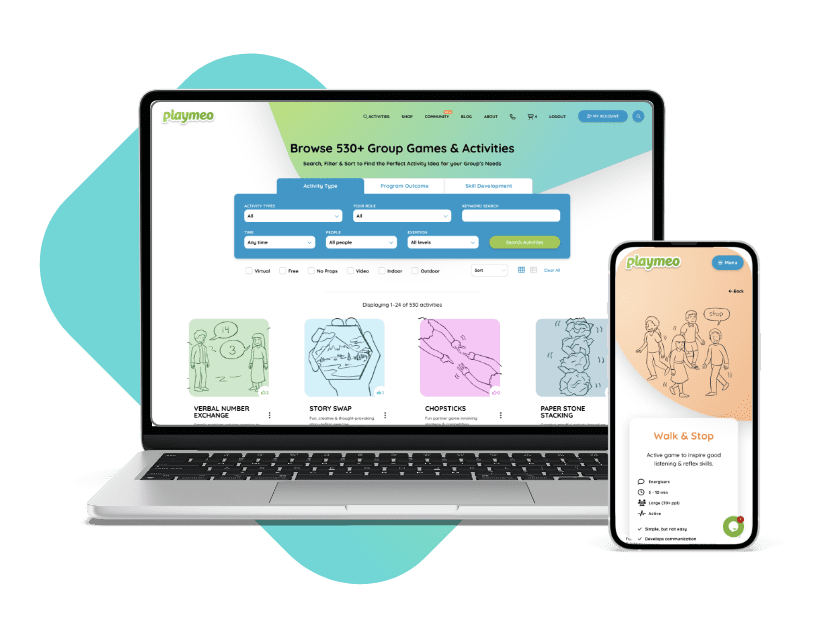Download our free 28-page ebook jam-packed with outrageously fun activity ideas.
Behavioural Norm > Be Honest
.
Striving for compassionate honesty in communication of thoughts and feelings is the focus of this behavioural norm.
In order for communication to be effective, honesty must pervade all aspects of individual and group communication. However, there is a caveat to this. Honesty can be used for less than honest intentions. There may be an agenda to humiliate the recipient with negative feedback in order to gain power and influence. Brutal honesty may be an act of revenge for perceived slights or humiliation.
When offered in a caring way, honest feedback provides an invaluable perspective to the recipient who is then better able to hear it without becoming defensive.
Honest feedback must always be offered with the intention of encouraging growth or it becomes a violation of the receiver’s emotional safety. The essential question is, “Will my feedback help my classmate to grow?”
Courage is a key component because honesty can mean you are not certain you are right and are willing to say, “I think this, but I could be wrong.” This connects to self-assessment as well as assessing the intentions that drive feedback received from others. We should always strive to be compassionately honest.
.
Be Honest Outcomes
.
Practising an Ethical Code of Behavior
While all of the Full Value Behavioral Norms fit nicely into a code of ethics or conduct, honesty would seem to be at the core of ethical behaviour. It is being true to your beliefs even when no one is observing you. Connected to reflective practice is self-honesty projected outward in all communications with others.
Exploring the Truth
True explorers investigate what is unknown and try to make sense of it. Honesty is an essential tool of the student explorer, particularly when considering the thoughts and feelings of classmates. If I am the recipient of feedback, am I pushing past my initial perception of events and through my defensiveness? Am I really hearing what is being said? Am I asking questions that are focused purely on developing an understanding of what happened? Am I opening up my belief system to change? If a student can ask him or herself these questions, they are exploring the truth during and after the activity.
Integrating Feedback
Integrating feedback is a courageous and stressful process. It may mean altering preconceived notions and experiencing the disruption of what might be many years of thinking about things in a certain way. Conversely, it can also involve careful consideration of feedback, associated self-reflection, and coming to the conclusion that the offered feedback is not on target. Not owning the feedback around a situation can be a reasonable outcome. People can agree to disagree.
Values
This means holding true to one’s values and not compromising them when in a situation where that could occur. For example, in an activity there may be the potential for compromising one’s value system in perceived service to the group. The successful completion of an activity could require disclosing if he or she, or another student, loses contact with an object in order to avoid a pyrrhic victory. Self-reporting this infraction or reporting what is observed will cause the entire group to have to start over. The choice for the student built into the activity is to either hold true to the value of honesty or diminish the success of the group by compromising the successful completion of the task. There are of course social risks associated with being true to one’s values. Reflection after the activity provides opportunities for this to be processed and for students who support cheating as a strategy to be confronted by their peers.
.
.
Extracted & adapted from The Full Value School: A Social-Emotional Learning Community






